Farewell Howard Kendall: A tribute to Everton's most successful manager
FourFourTwo looks back at the Toffees legend's career...
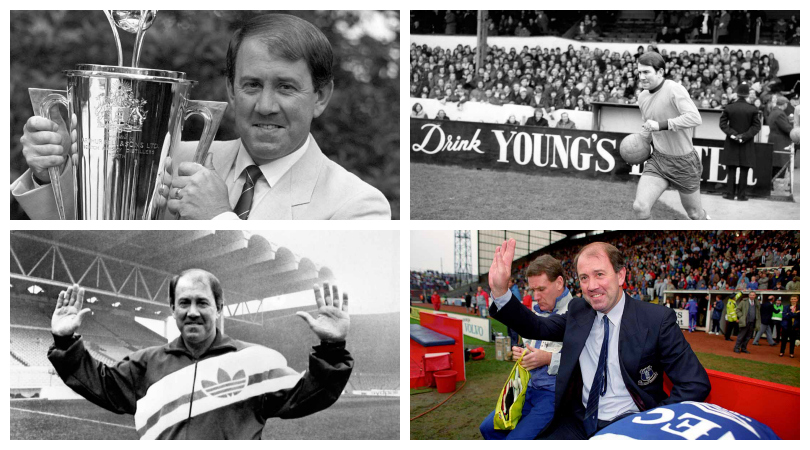
Born on 22 May 1946 in County Durham, Howard Kendall joined Preston North End as an apprentice in 1961 and turned professional in May 1963. Within a year he was breaking a record as the youngest player to appear in a Wembley final: with Preston's regular left-half Ian Davidson suspended for an unauthorised trip to Scotland, Kendall was drafted in at the age of 17 years and 345 days to face West Ham in the FA Cup showpiece.
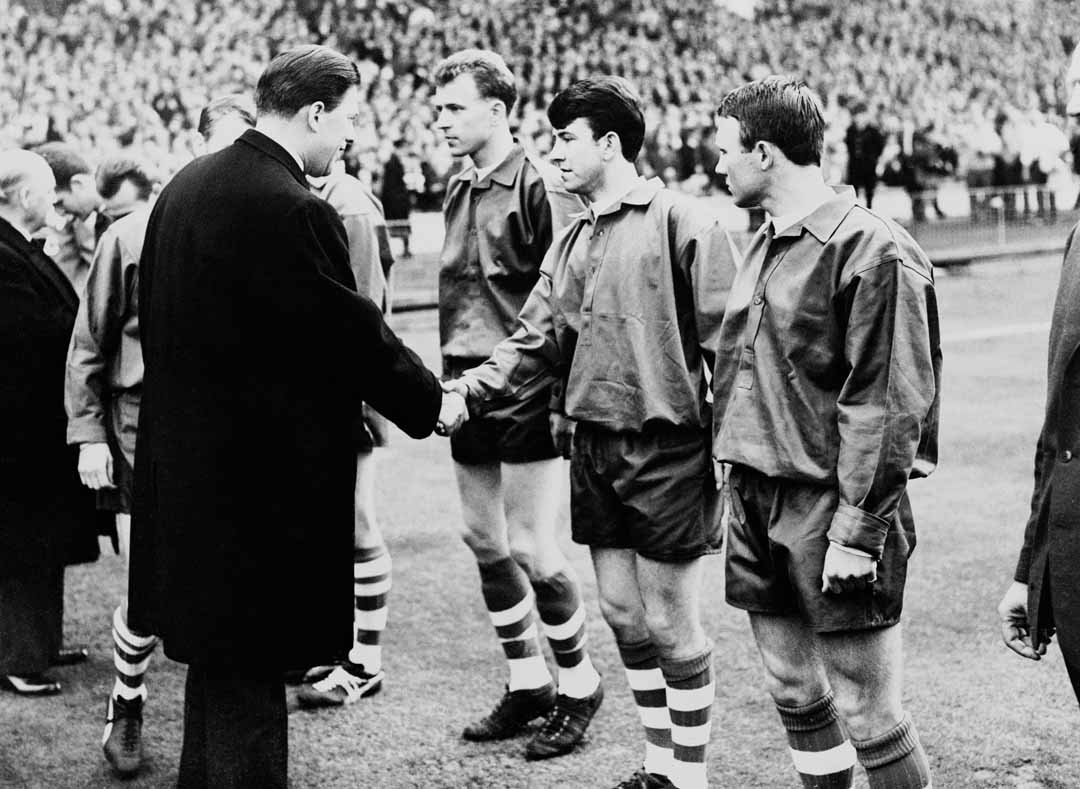
In March 1967, Kendall was sold for £85,000 to the club he would forever be linked with: Everton. Moving forward from defence, he became part of the Toffees' midfield "Holy Trinity" with World Cup winner Alan Ball and Colin Harvey, the Scouser who would later become Kendall's favoured managerial assistant.
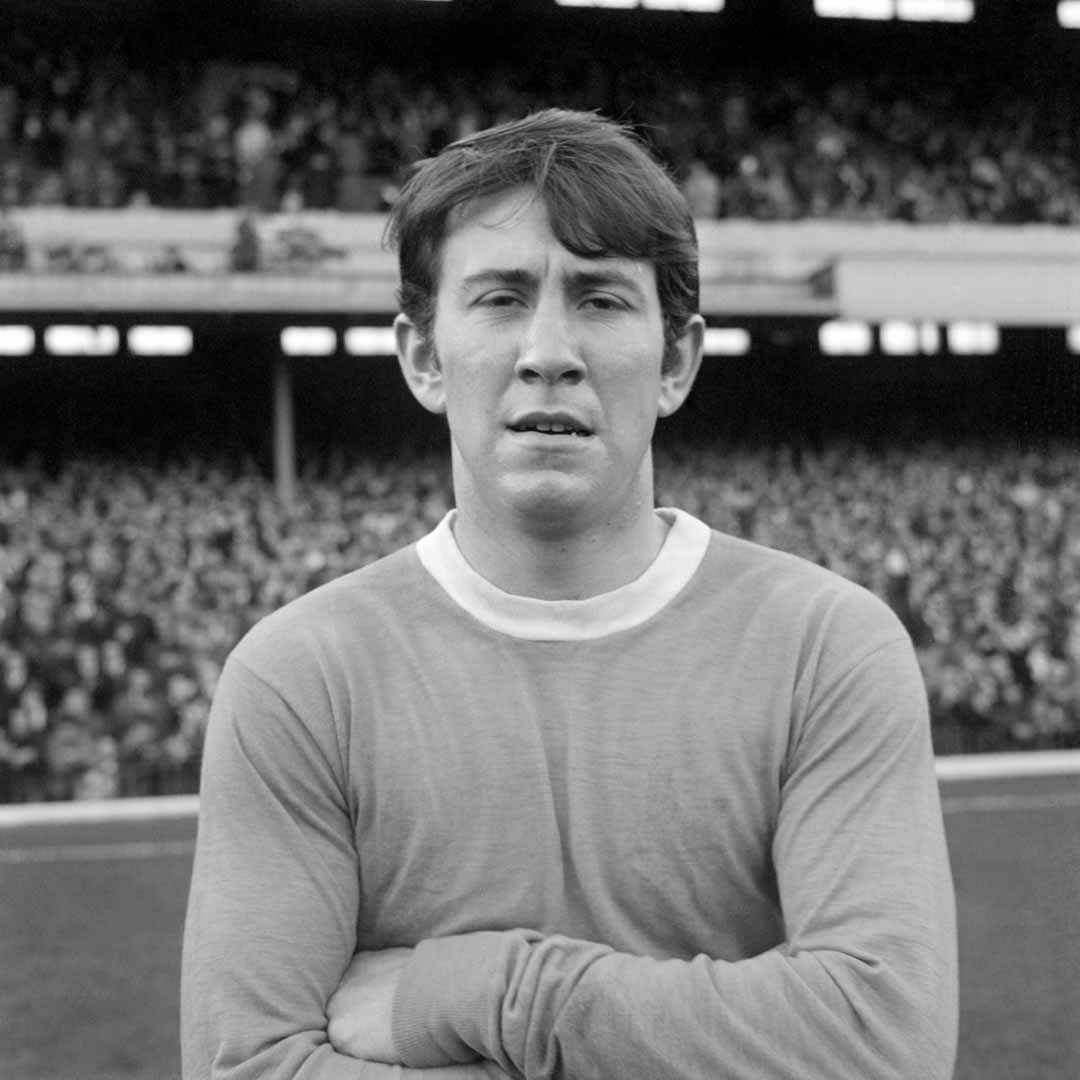
Everton had long runs in the FA Cup, losing the 1968 final to West Brom and the 1969 semis to Manchester City, but struck gold in the 1969/70 season. With the Holy Trinity running the midfield, captain Brian Labone at the heart of defence and young scoring sensation Joe Royle up top, they romped to the title nine points clear of Leeds and only one point short of the then-record. Kendall is on the far left of this pic.
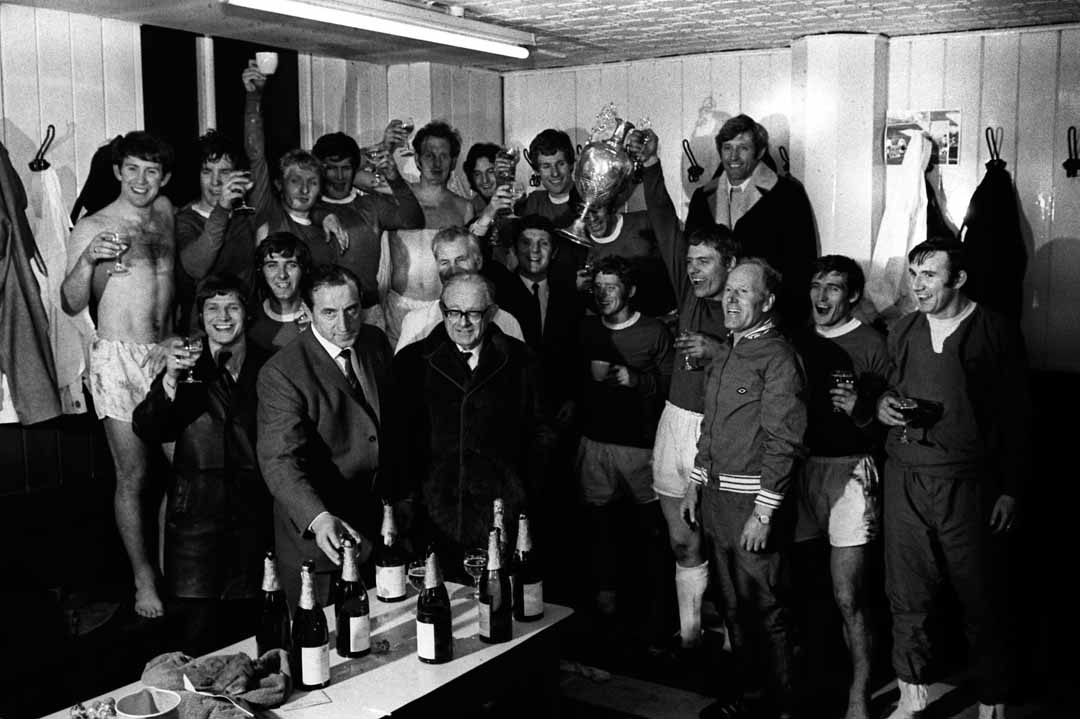
Sadly for Toffees fans the side couldn't build on the success. With Labone retiring injured and Ball moving to Arsenal, Kendall – still in his mid-twenties – became captain but the team bobbed around the lower reaches of the top division. Kendall never received a full England cap, although he represented the Three Lions at schoolboy, youth and U23 levels.
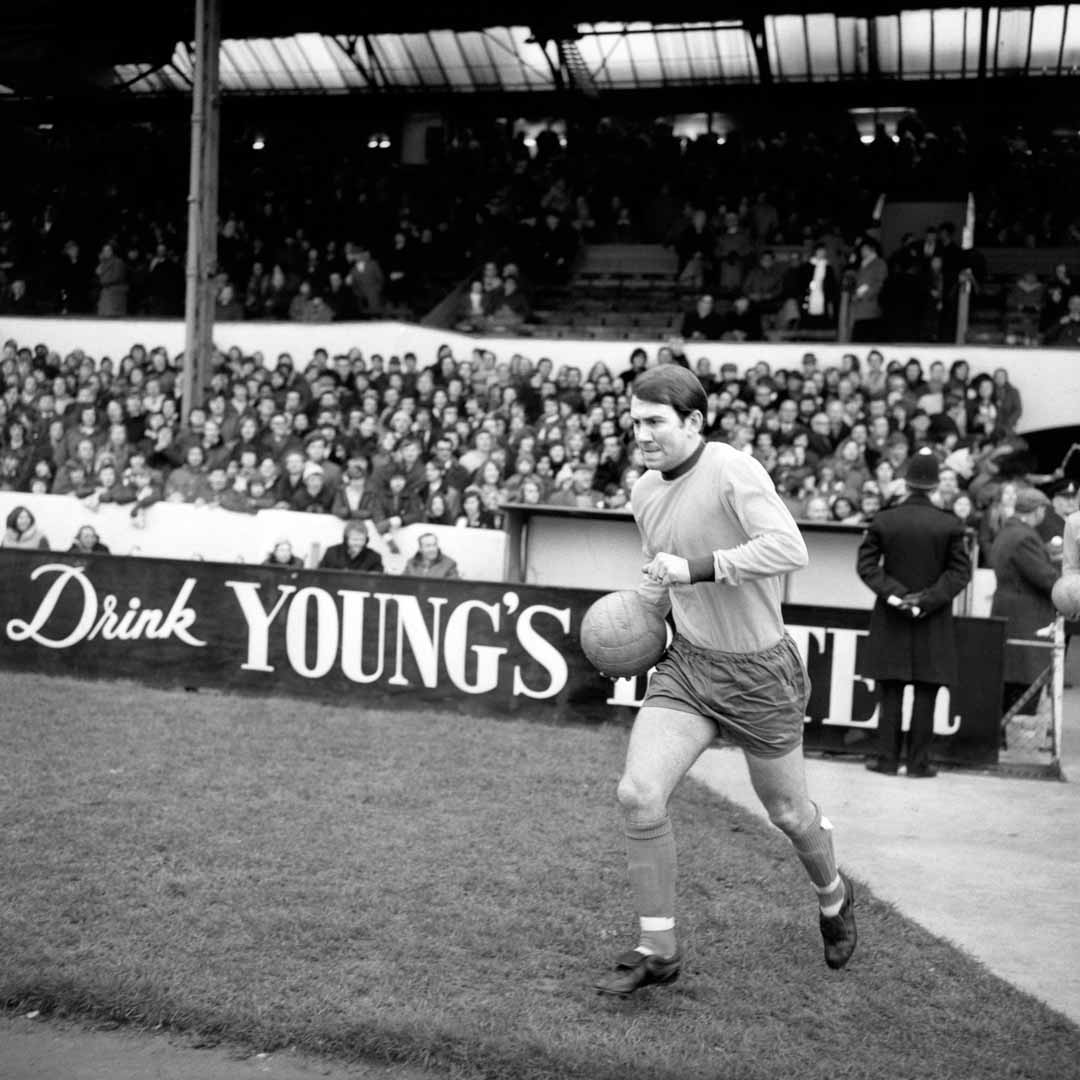
In spring 1974 he was sold to fellow top-flight strugglers Birmingham, but it was a switch to second-tier Stoke for the 1977/78 season that gave Kendall new impetus. In February 1978, new boss Alan Durban made him player-coach and Kendall thrived. Stoke were promoted back to the top flight in 1979, and although Durban wanted to build his top-flight side around his on-field general, Kendall had other ideas: he joined Blackburn Rovers, freshly dropped into the Third Division, as player-manager. For the first time, Kendall was the gaffer.
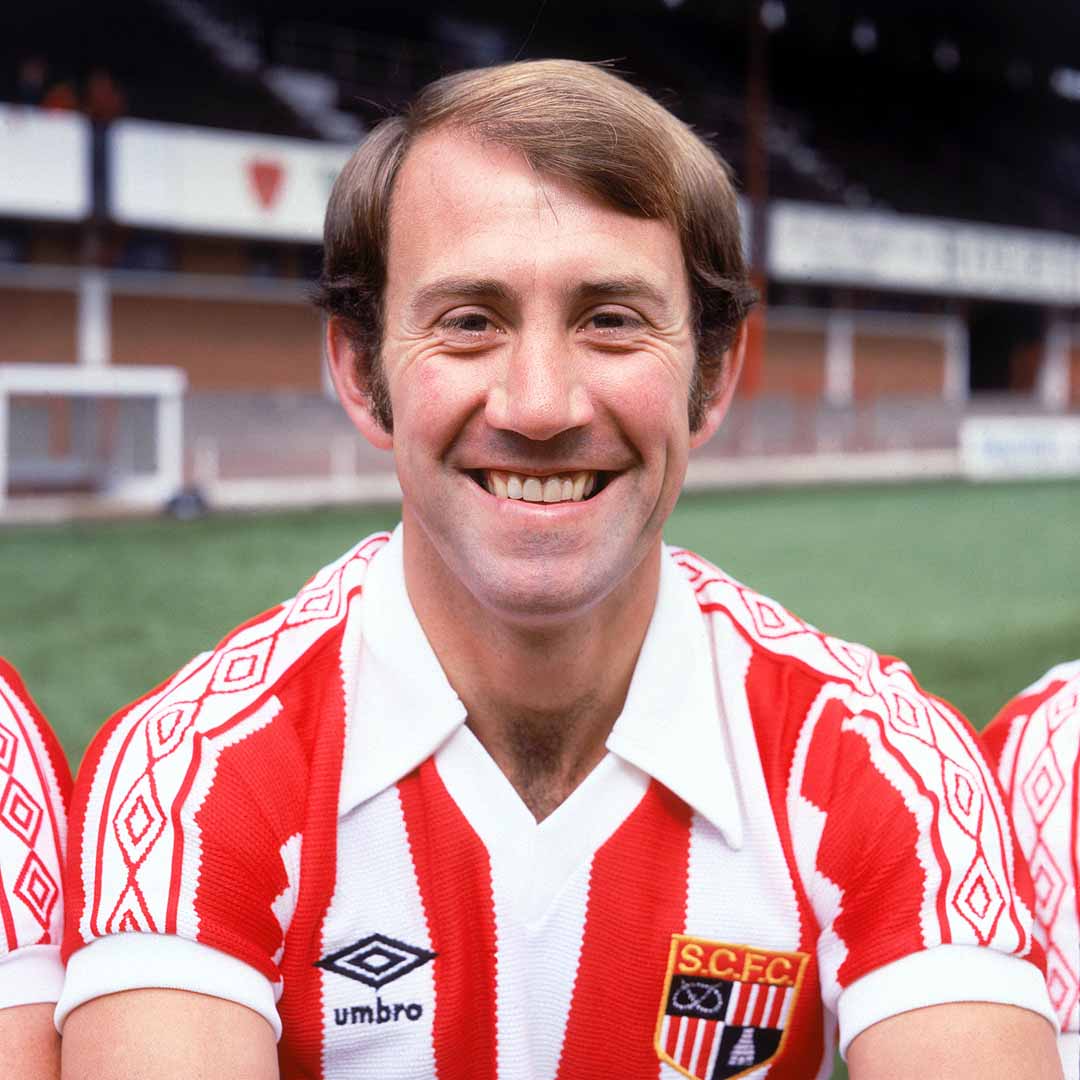
Kendall led Blackburn straight back up as runners-up in 1980, and the following season only goal difference stopped them returning to the top flight. When Everton parted company with Gordon Lee, the way was clear for Kendall to return. He made a few more appearances before hanging up his boots after more than 700 games, 276 of them for Everton, to concentrate on managing.
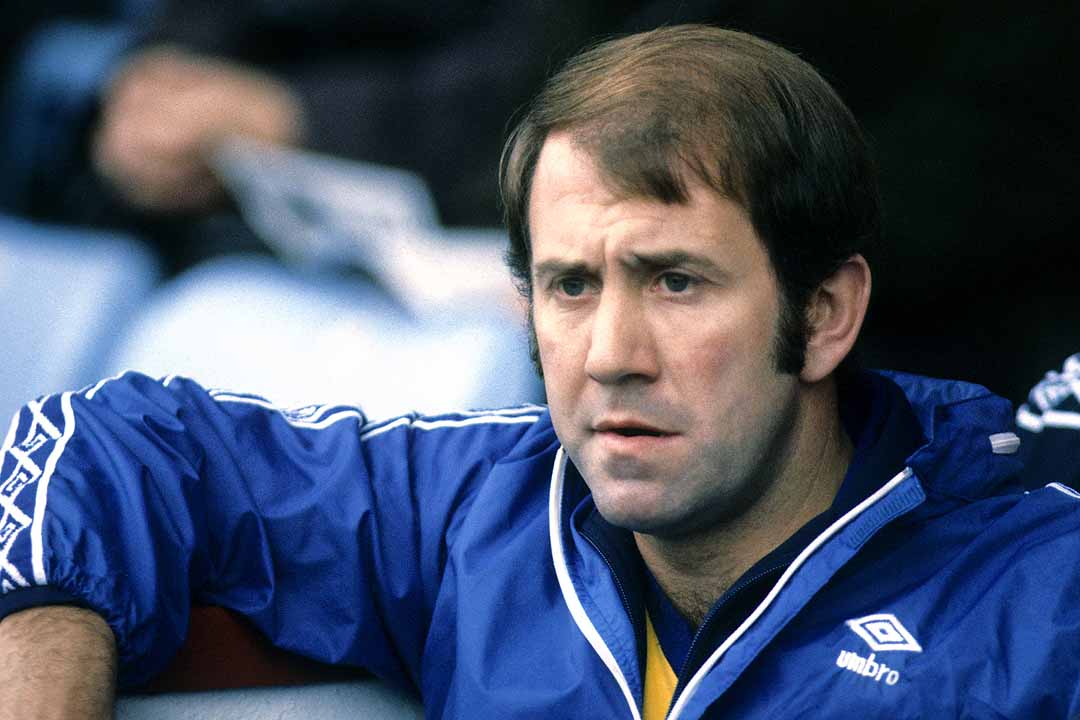
Kendall led Everton to their most successful era, building from the back with such memorable players as goalkeeper Neville Southall, centre-back Kevin Ratcliffe, midfielders Peter Reid and Kevin Sheedy and strikers Graeme Sharp and Andy Gray. In 1983/84 they reached both domestic cup finals, winning the FA Cup against Watford (their first silverware in 14 years) but losing the League Cup to Liverpool in an unsegregated "friendly final".
Get FourFourTwo Newsletter
The best features, fun and footballing quizzes, straight to your inbox every week.
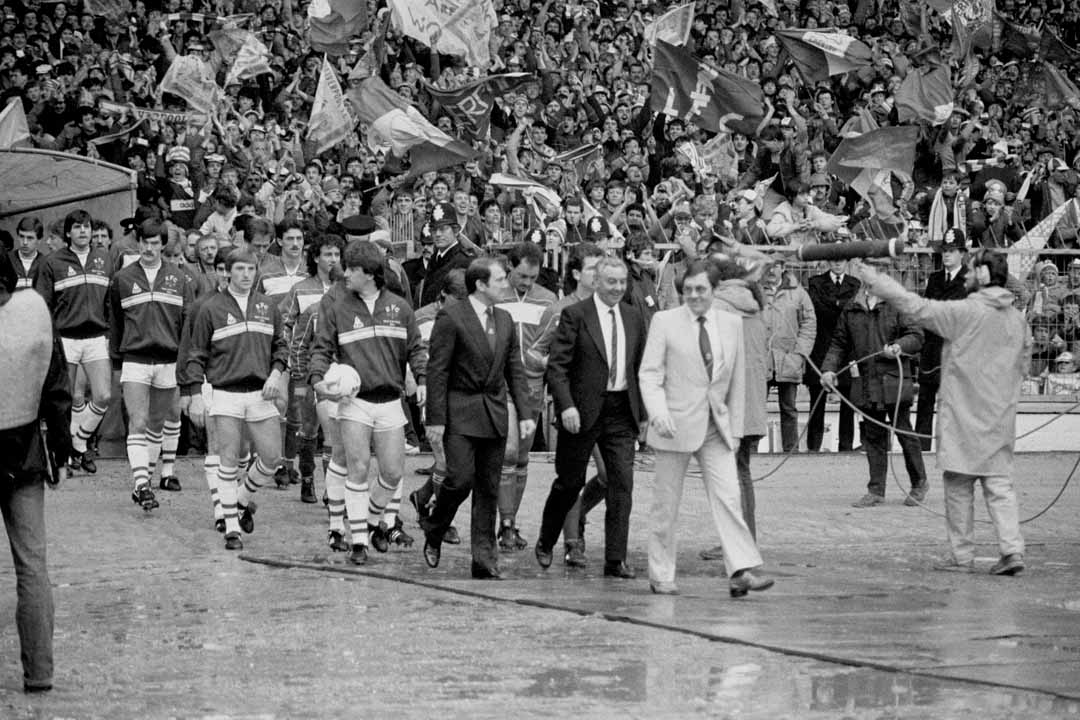
Everton were clearly going places but the enormous reputation of their rivals across Stanley Park meant the fans demanded success instantly. Kendall had survived calls for his head in 1983 and patience was rewarded in 1985 when the Toffees romped to the title by a startling 13 points, lifting the title with four games to spare. Everton also triumphed in Europe, winning the Cup Winners' Cup by overcoming Bayern Munich in the semi-finals – some say the 3-1 win in the second leg was Goodison's greatest-ever night – and beating Rapid Vienna by the same score in Rotterdam.
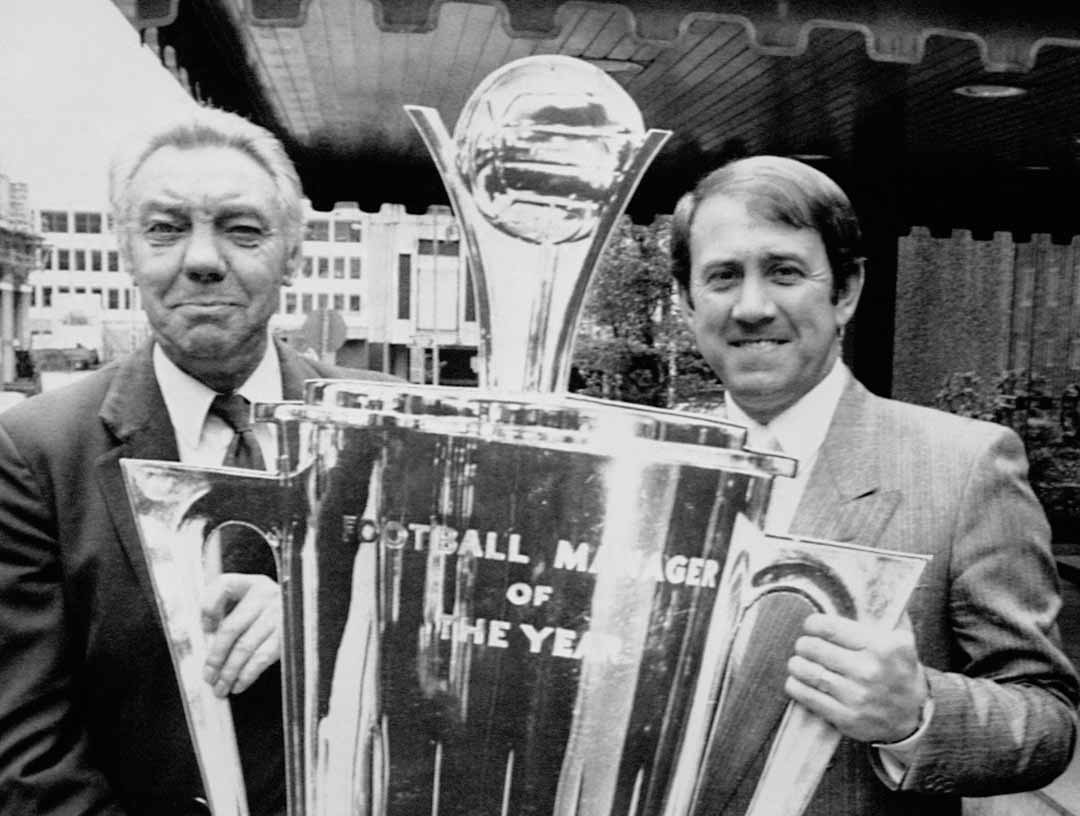
A fortnight after Everton's Cup Winners' Cup triumph came the Heysel disaster, and English clubs were banned from Europe. This would forever become a bone of contention among Evertonians, many of whom believe their club could have gone on to more glory. Kendall was certainly making bold decisions, selling key striker Andy Gray to Aston Villa and replacing him with Gary Lineker, whose one season at Goodison brought 38 goals and a Player of the Season award – but runners-up spots in League and FA Cup for the Toffees as new Liverpool player-manager Kenny Dalglish did the Double in his debut season.
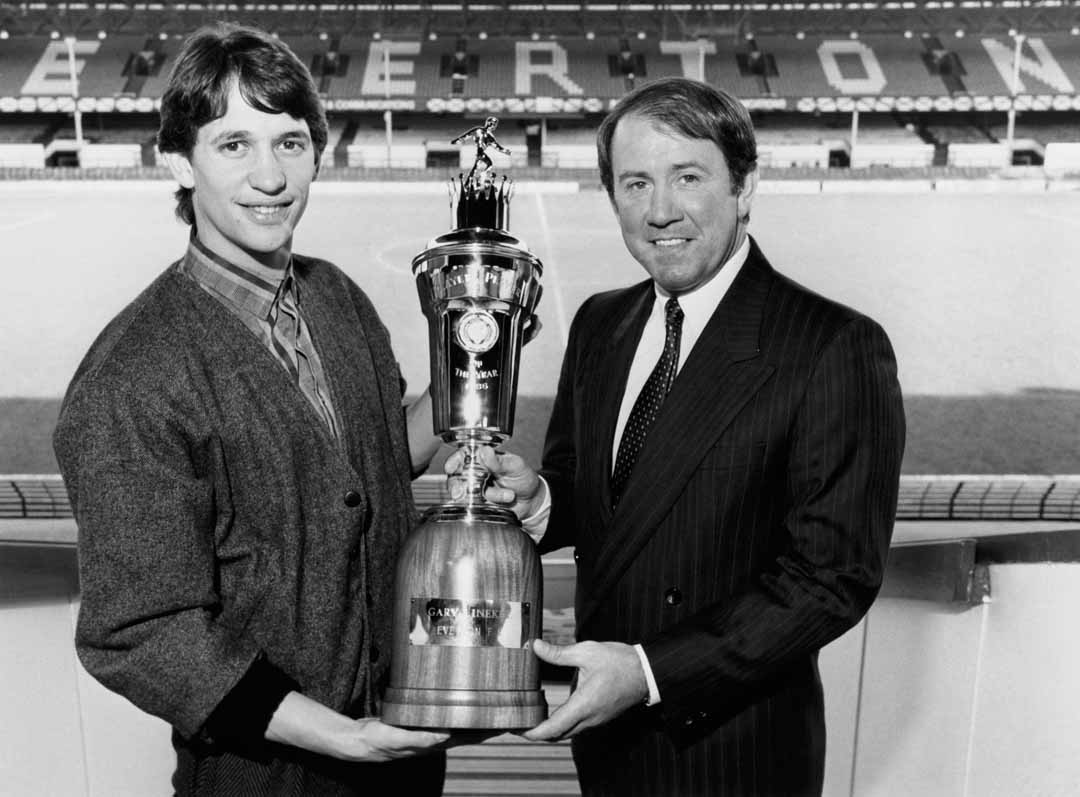
In summer 1986, Lineker left Everton after just one season to seek continental success with Barcelona. A year later, Kendall – frustrated by England's exclusion from Europe – would follow him to Spain, but not before regaining the league. Everton were fourth at Christmas but top by February. Having won the league title twice in three seasons, Kendall left for Athletic Bilbao.
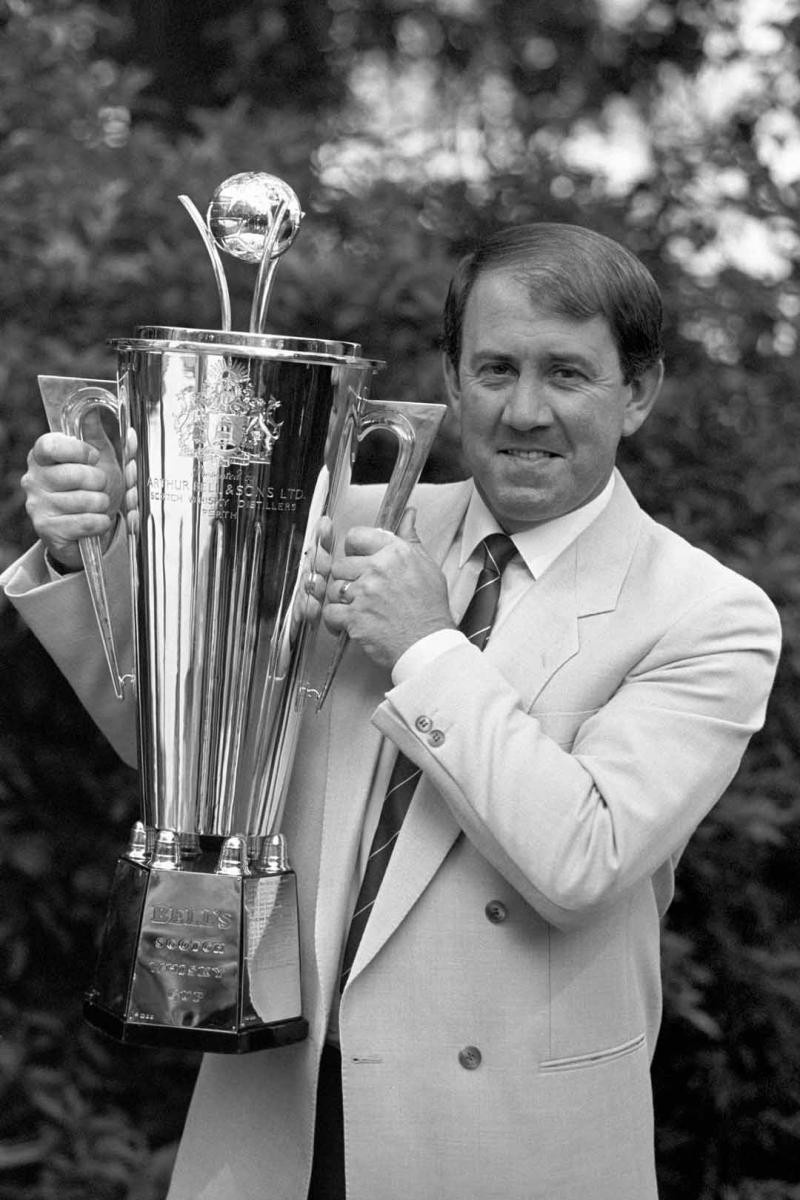
In Bilbao Kendall found himself up against a different kind of exclusion: the club would only sign Basque players. Despite interest from Newcastle United he led Athletic to fourth and seventh but left in autumn 1989, and by Christmas was back at Manchester City. The following summer he declined an interview to replace the outgoing Bobby Robson as England boss, and set about building an exciting City team to challenge for the title. However, things wouldn't quite work out that way…
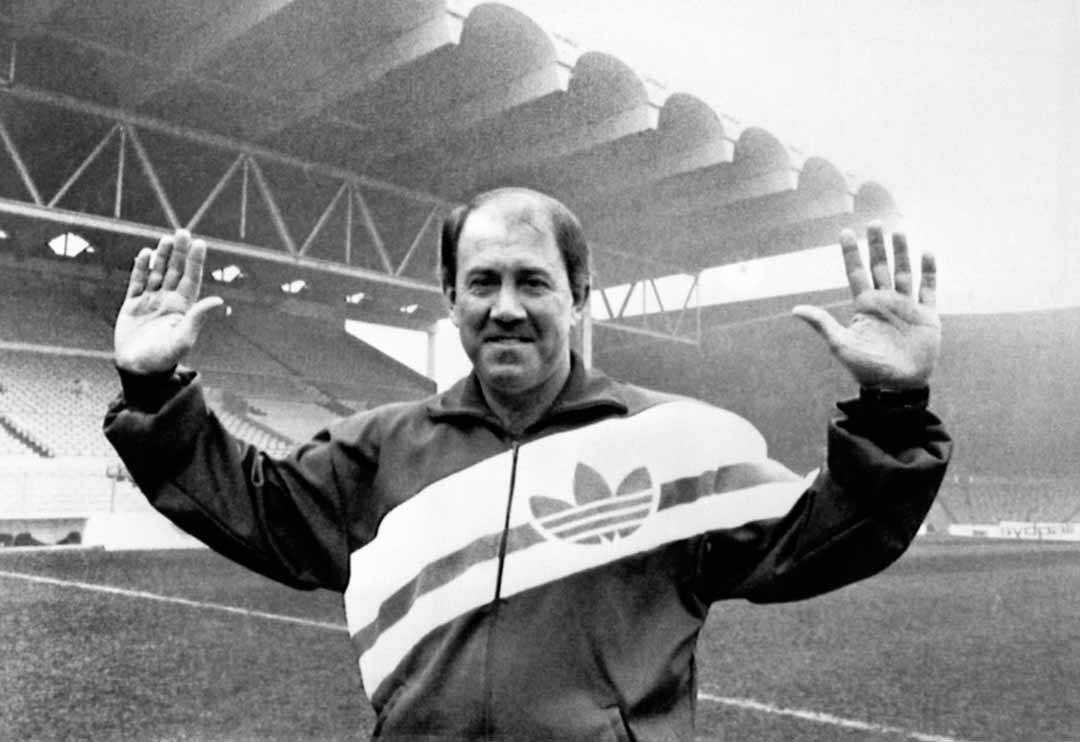
In November 1990, after disappointing results, Everton sacked Colin Harvey. Kendall was quickly appointed, rehiring his old sidekick Harvey as assistant. City fans were astonished but Kendall memorably compared managing City to having an affair, compared to his "marriage" to Everton. Sadly, the spark had gone somewhat: despite initial promise, Everton remained rooted in midtable and Kendall resigned in December 1993.
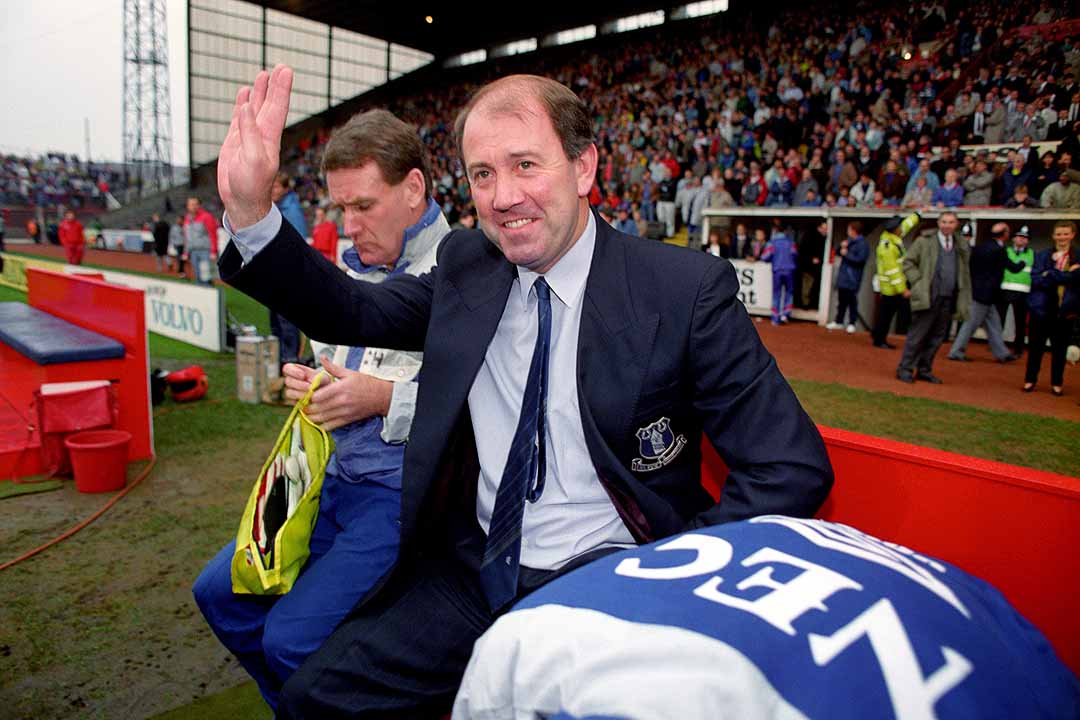
Peripatetic years followed. Kendall went to manage Greek side Xanthi for a short, unsuccessful period, then popped back to take charge of top-flight Notts County and won the Anglo-Italian Cup at Wembley but was promptly sacked by chairman Derek Pavis. He saved Sheffield United from relegation then led them to the play-offs before having one last crack at the Everton job, in 1997/98; he left at the end of the season, having narrowly avoided relegation. One last spell on the continent, at Ethnikos Piraeus ("a sort of Greek Luton Town"), ended when he had to drag his goalkeeper from the toilets and force him to play. Kendall had had enough of management.
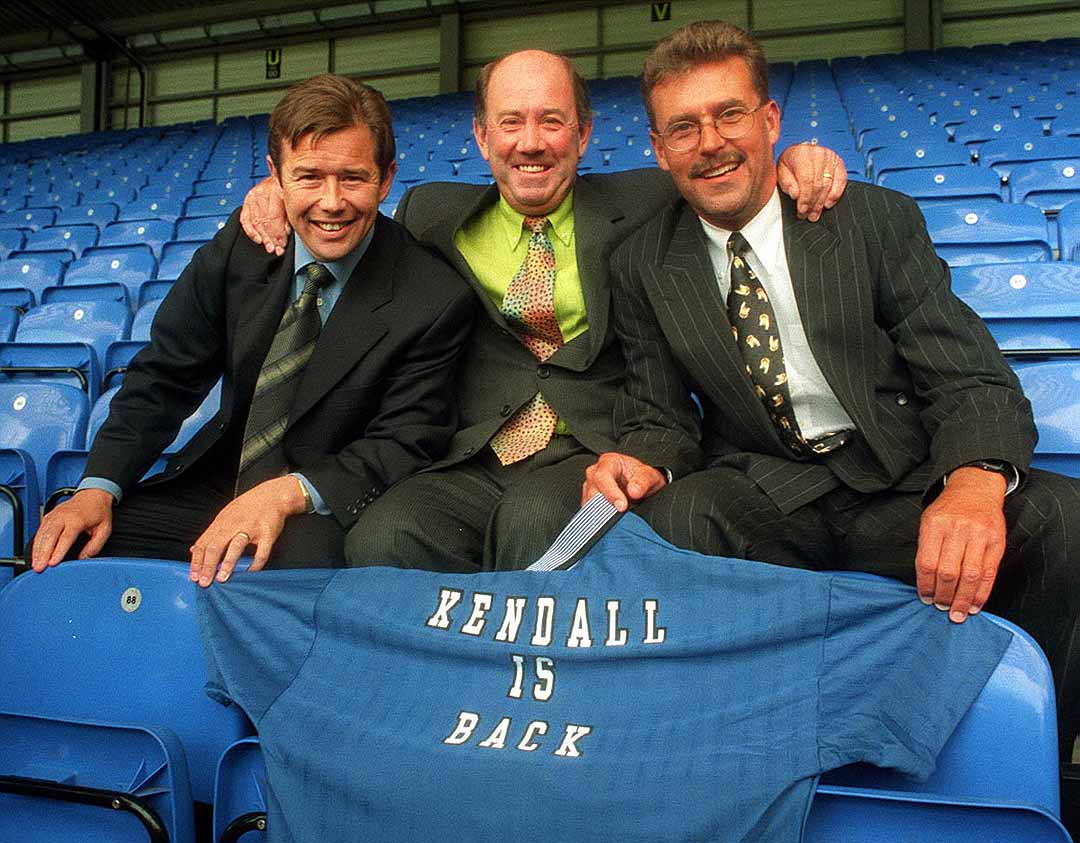
Howard Kendall died at the age of 69, in a hospital in Southport, surrounded by his loved ones. He was also genuinely admired and liked by many of his players, a great number of whom described him as a friend. He remains the last English manager to lead an English team to a European trophy, and it's as hard to say when the next one will be as it is to judge how successful he may have made Everton had they been able to play in Europe.
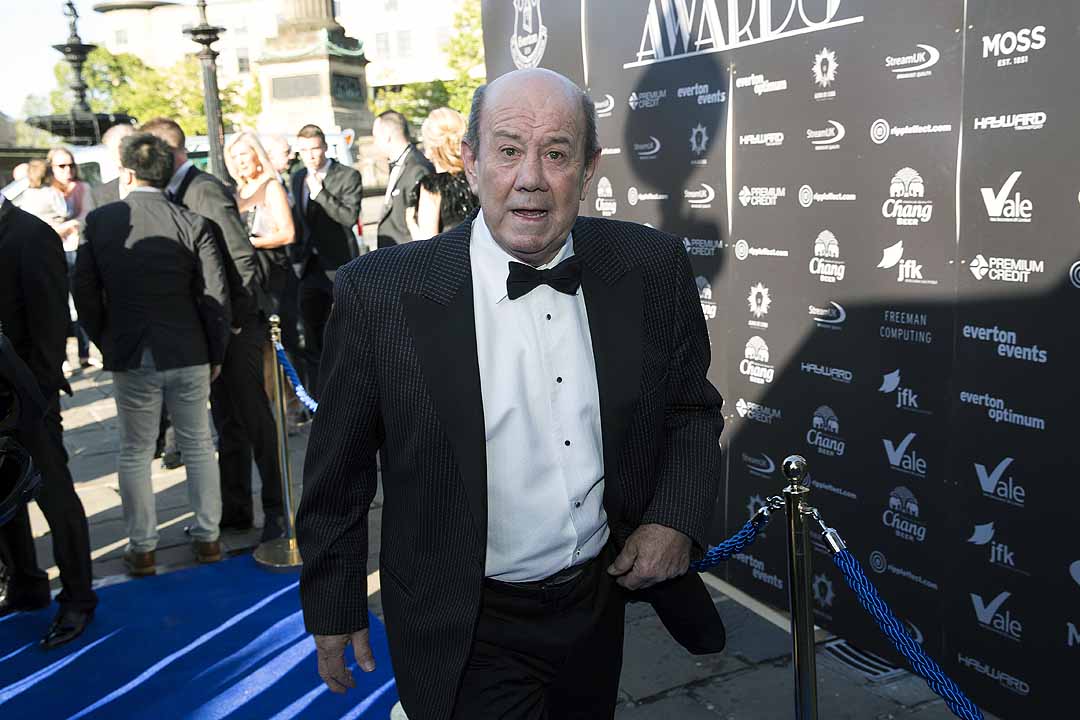
Gary Parkinson is a freelance writer, editor, trainer, muso, singer, actor and coach. He spent 14 years at FourFourTwo as the Global Digital Editor and continues to regularly contribute to the magazine and website, including major features on Euro 96, Subbuteo, Robert Maxwell and the inside story of Liverpool's 1990 title win. He is also a Bolton Wanderers fan.
